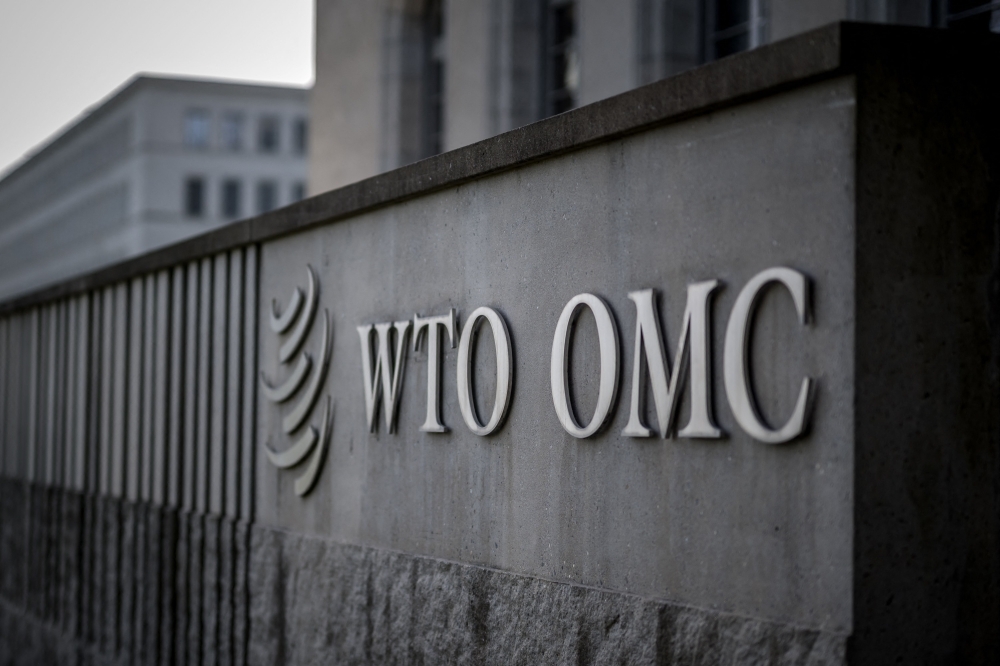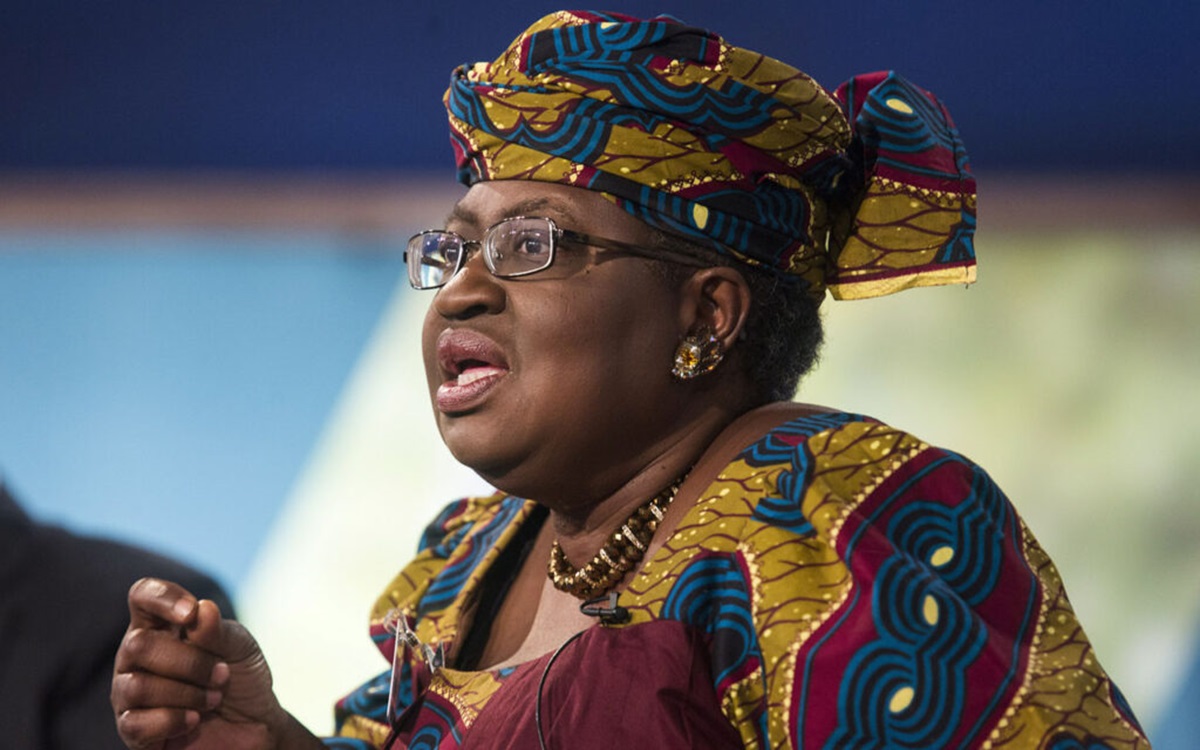The head of the World Trade Organisation (WTO) called for composure Friday amidst the escalating global trade conflict, as US President Donald Trump imposes high tariffs on both allies and adversaries.
“We shouldn’t panic,” Ngozi Okonjo-Iweala said during a meeting at the World Trade Organisation headquarters, despite acknowledging that “I understand the enormous amount of concerns that people have about what is going on.”
As it has done with the World Health Organisation and other UN agencies, she brushed down concerns that the new US government, which has been very critical of the WTO, may decide to leave the organisation.
“The indications I got are that they remain part of WTO,” Okonjo-Iweala said after travelling to Washington to meet with US Commerce Secretary Howard Lutnick and Trade Representative Jamieson Greer.
She told the gathering that “they want to remain engaged,” which may “give us opportunity to (be)…I don’t want to sound optimistic, but I think it offers us optimism that the United States still finds some benefit in being able to interact with other WTO members.
“That is one of the reasons I think we should keep calm, we should listen to their concerns,” she continued.

Trump imposed broad tariffs on several important US trading partners since taking office anew in January.
The United States paused the 25 per cent tariffs it imposed earlier this week on the majority of goods coming from Mexico and Canada, but tensions remain despite Thursday’s slight improvement.
Trump also threatened to impose 25 per cent levies on the European Union and signed plans for broad “reciprocal tariffs” that may affect allies as well as adversaries by April 2.
Okonjo-Iweala admitted that “what is happening now with the tariffs… is challenging for the system” during the event on Friday, which was attended by former German chancellor Angela Merkel.
While acknowledging that it is “a difficult moment,” she went on to say, “I will not agree that the system is in chaos or turmoil.
“Although the United States is very, very important for world trade, and of course sets a signal,” she pointed out that “there is 80 per cent of world trade going on among other members of the WTO.”
“Trading among themselves according to the rules that exist,” she continued, referring to other members. “They should continue to do so.”


 Trending
Trending 